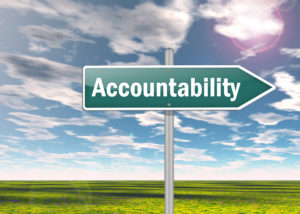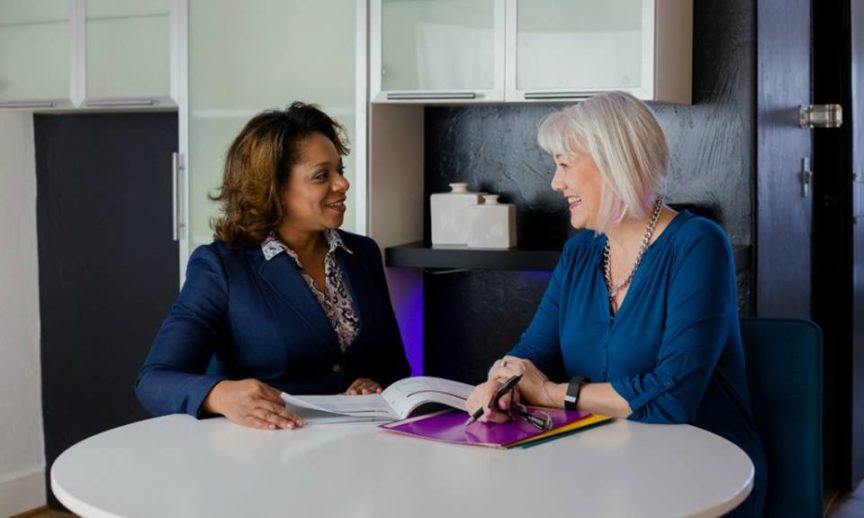As a StrengthsFinder coach and consultant, I have found that many people struggle through the process of selecting and engaging a coach. There seems to be confusion on what coaching really is and the difference between coaching and consulting. Here are some differences and some questions for you to consider:

Do you need a StrengthsFinder coach or consultant?
Consulting: Creating a Plan
For new clients, I often offer a short consultation so we can get a “feel” for one another. I’m also looking to discover the issue that they’re struggling with so I can make sure that I’m the right person to help them and to recommend a plan specifically to work through them.
In a corporation, similar considerations are at hand: they are looking to my expertise to create and develop the best plan for implementing a culture change for their organization. I’m gathering information to offer step-by-step guidance on how best to roll out StrengthsFinder within their company. I give them options, a timeline, provide resources and generally customize something just for them.
My initial consultation in either event is exactly that — consulting.

StrengthsFinder coaching is individualized and personal.
Coaching: Getting Through, Around or Over
Coaching, on the other hand, is actually something quite different. Coaching is reserved for getting through, around or over something specific and short term. Perhaps you’re in a transition and are looking to figure out your next steps. Maybe you’re miserable in your job and it’s time to make a career change. Perhaps you’re struggling in a relationship and you’re trying to discern your options. Instead of telling, there’s asking. There may be shared stories and experiences. There is learning, too, about new processes or perspectives. Coaching should be highly individualized and focused on you on a personal level.
Accountability
And there’s also accountability. If your coach is worth anything at all, they will create an actionable step for you to do between sessions. Most important, though, what is your goal for coaching? What are you wanting to accomplish?
Choosing a coach should also include questions such as: What are your credentials? What is your experience? How do we measure outcomes? What is your coaching process? What is the investment?

A good coach will give you actionable steps and create accountability processes.
Coach, Not Buddy
One thing that should not be considered is whether or not you like your coach. In order for a coach to be effective, they probably shouldn’t be your friend. Friends usually can’t be objective because they are personally involved. A coach should be a respected member of your team, not your buddy. There has to be room for transparency, authenticity and sometimes, hard conversations.
Many Coaches over a Lifetime
Choosing a coach is personal and it shouldn’t be considered a one-time event. Hopefully, you will have many coaches over your lifetime — each one for a season or a special issue. They should be co-creators with you in solving problems and finding solutions and then it’s time to move on. Be weary of coaches who want to lock you in a long-term contract.
My mission is to make sure everyone I encounter in coaching and consulting gets what they need!
For more information about StrengthsFinder, visit the Gallup Strengths Center.
If you’re looking to grow and develop, join us at The Very Best YOU Facebook group!
Latest posts by Rhonda Knight Boyle (see all)
- Strengths Activation Show 60 – Guests Sakira Baez and Dr. Shauna T Sobers - April 5, 2019
- Develop Your Empathy Talent - November 23, 2018
- Develop Your Adaptability Talent - November 20, 2018

